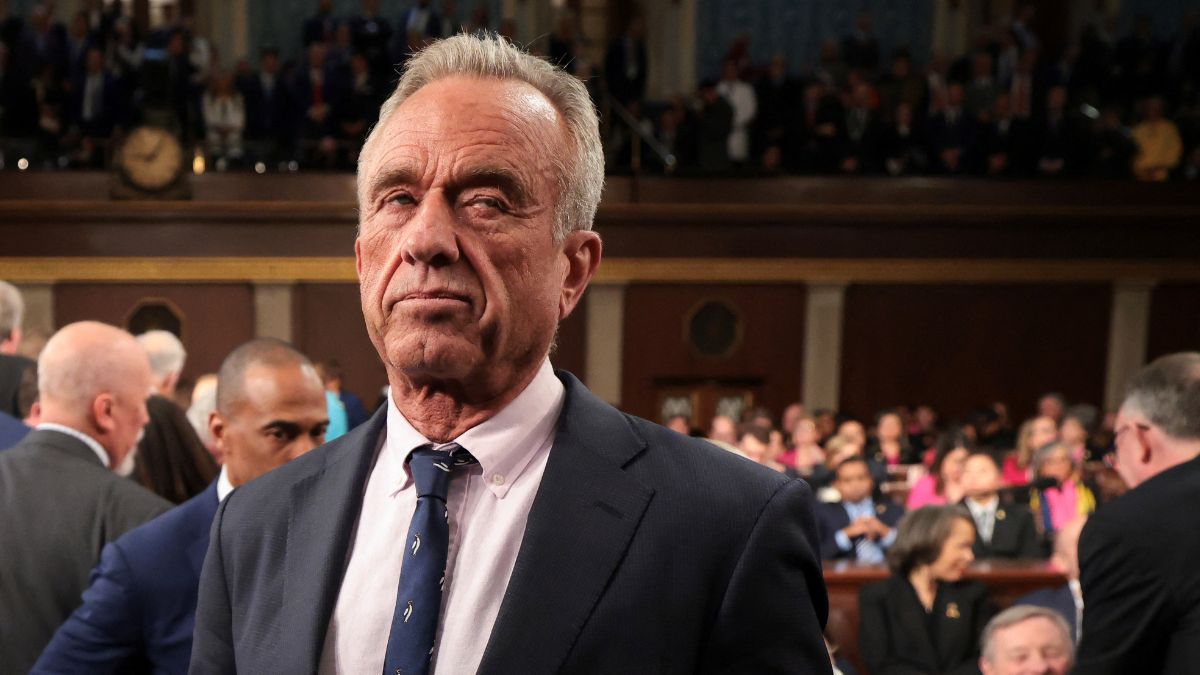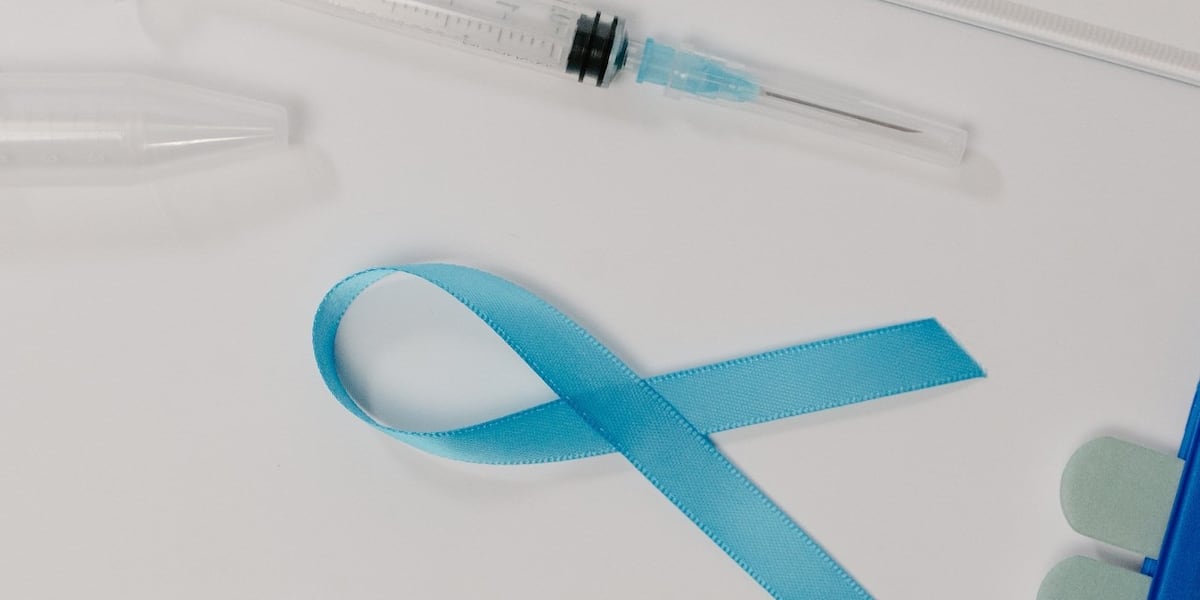Kennedy Jr. Shakes Up CDC Vaccine Advisory Panel: All 17 Members Out in Bid to Restore Trust
)
Kennedy Jr. Overhauls CDC Vaccine Guidance: A Complete Panel Shake-Up
In a move that's sent ripples through the medical community, US Health Secretary Robert F. Kennedy Jr. has dissolved the entire 17-member panel advising the Centers for Disease Control and Prevention (CDC) on vaccine policy. The sweeping change, announced earlier this week, has drawn sharp criticism from leading medical organizations, while Kennedy Jr. maintains it's a necessary step to rebuild public confidence in vaccines.
The CDC's Advisory Committee on Immunization Practices (ACIP) plays a crucial role in shaping national vaccine recommendations. Its members, composed of medical experts, scientists, and public health officials, advise the CDC on which vaccines to recommend, for whom, and how to administer them. The abrupt dismissal of all 17 members is unprecedented, raising questions about the future direction of US vaccine policy.
Why the Shake-Up? Kennedy Jr.'s Perspective
Kennedy Jr., a vocal advocate for vaccine safety and a long-time critic of the CDC's approach, has consistently expressed concerns about the perceived lack of transparency and potential conflicts of interest within the agency. He argues that the previous panel was unduly influenced by pharmaceutical companies and failed to adequately address public concerns about vaccine side effects. “We need a fresh perspective, one that prioritizes the health and safety of all Americans and is free from undue influence,” Kennedy Jr. stated in a press conference following the announcement.
His stated goal is to restore public trust in vaccines, which has been eroded in recent years by misinformation and hesitancy. He believes a new panel, comprised of individuals with diverse backgrounds and perspectives, can better address these concerns and provide more transparent and evidence-based recommendations.
Medical Community Reacts with Concern
The decision hasn't been met with universal approval. The American Medical Association (AMA) and the American Academy of Pediatrics (AAP) have both voiced concerns, arguing that the move undermines the credibility of the CDC and could further fuel vaccine hesitancy. They emphasize the importance of relying on expert scientific consensus when making public health recommendations.
“Removing a panel of highly qualified experts based on a single individual’s beliefs is deeply troubling,” said a spokesperson for the AMA. “It risks politicizing public health and jeopardizing the health of our nation.”
What's Next for US Vaccine Policy?
The CDC is expected to announce the process for selecting new members of the ACIP in the coming weeks. Kennedy Jr. has indicated that he will be seeking individuals with expertise in areas such as immunology, epidemiology, and public health communication, as well as those with a demonstrated commitment to transparency and public engagement.
The changes are likely to have a significant impact on the future of vaccine policy in the US, and the medical community will be closely watching to see how the new panel shapes recommendations and addresses public concerns. The controversy highlights the ongoing debate about vaccine safety, public trust, and the role of government in public health.





